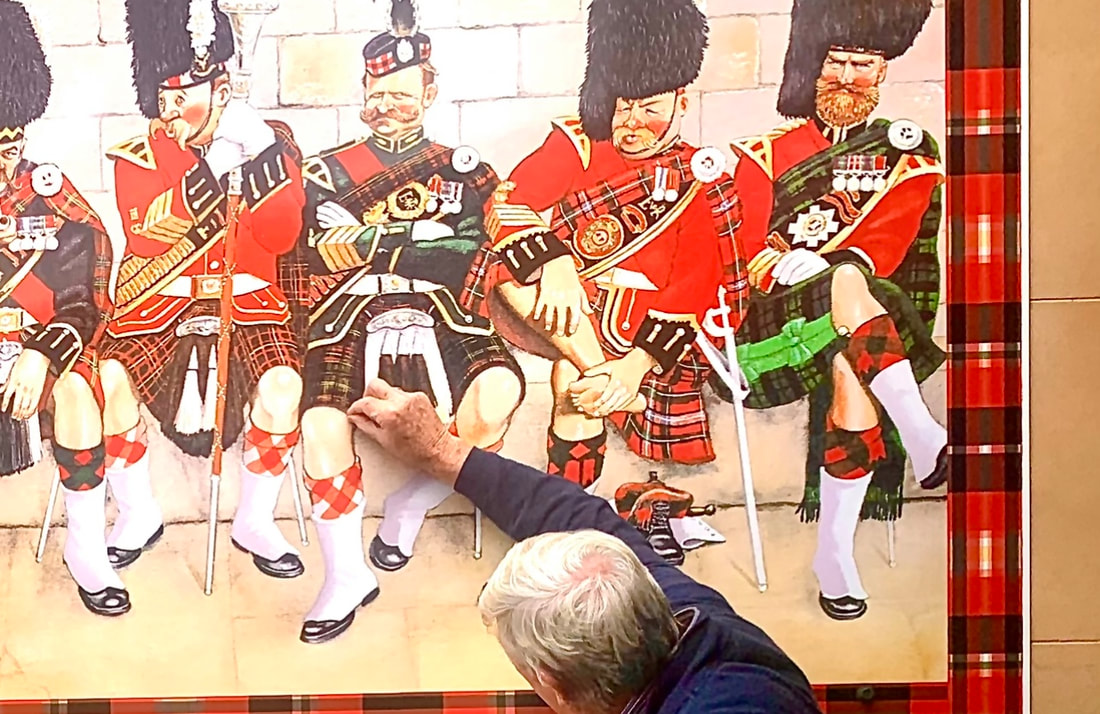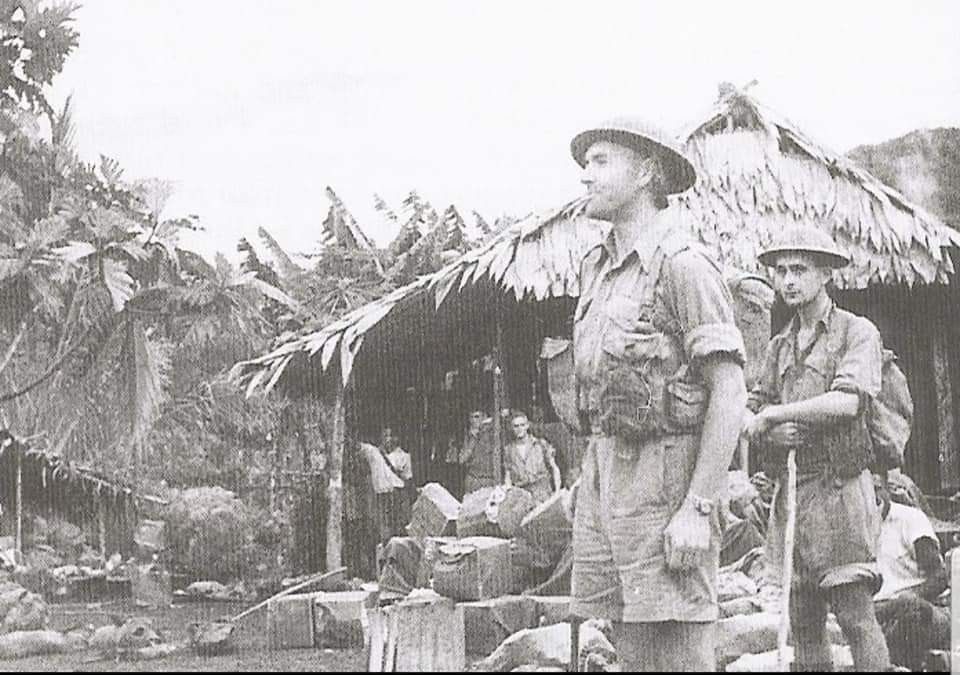|
When you drive streets in Maclean lined with tartan telegraph poles and hear the skirl of the bagpipes echoing in the main street, you know the town is definitely a stronghold of Australia’s Scots history. And mine for that matter. Over two million of us claim Scots ancestry – my grandchildren have the blood of the Baird, Carey, Murray and McDonald clans in their veins.
So, I spent a day or two there recently, looking under the ancestral kilt to see why big numbers of Scots moved here in the mid-1800’s. I was heartened to discover that the claim we Australians make for having one of the best lifestyles in the world, could well have been built on a bedrock of purposeful duty to God mined out of bare hills and heather half a world away in Scotland.
2 Comments
It seemed highly unlikely that a boy christened ‘Hyacinth’ would one day become one of the great figures in Australia’s military history. His devout Irish Catholic mother may have admired St Hyacinth as a heroic strategist who spread the Christian message from China to Scotland in the 12th century, but the name Hyacinth Honner predictably caused the quiet lad from Three Springs, 300 km North of Perth, a great deal of grief at boarding school! He swiftly resorted to using his second name, Ralph.
Hefting 180-pound wheat bags on the family farm at Dalwallinu bulked the slight, scholarly boy into an accomplished athlete at the University of Western Australia between 1923-25. In his studies in English and History, Ralph developed a deep affection for two key concepts – chivalry and the epic. These gave shape to his unshakable Catholic ideals and fired a conviction that he should live and die - with absolutely no half measures – by what he believed in. They melded into the steel that became the backbone of Ralph Honner’s career as a soldier. |
AuthorJoin The Outback Historian, Paul Roe, on an unforgettable journey into Australia's Past as he follows the footprints of the Master Storyteller and uncovers unknown treasures of the nation. Archives
October 2023
Categories
All
|
|
Sponsored by
|
Privacy Policy
|
|
Copyright 2020 by The Outback Historian
|
Site powered by ABRACADABRA Learning
|



 RSS Feed
RSS Feed

